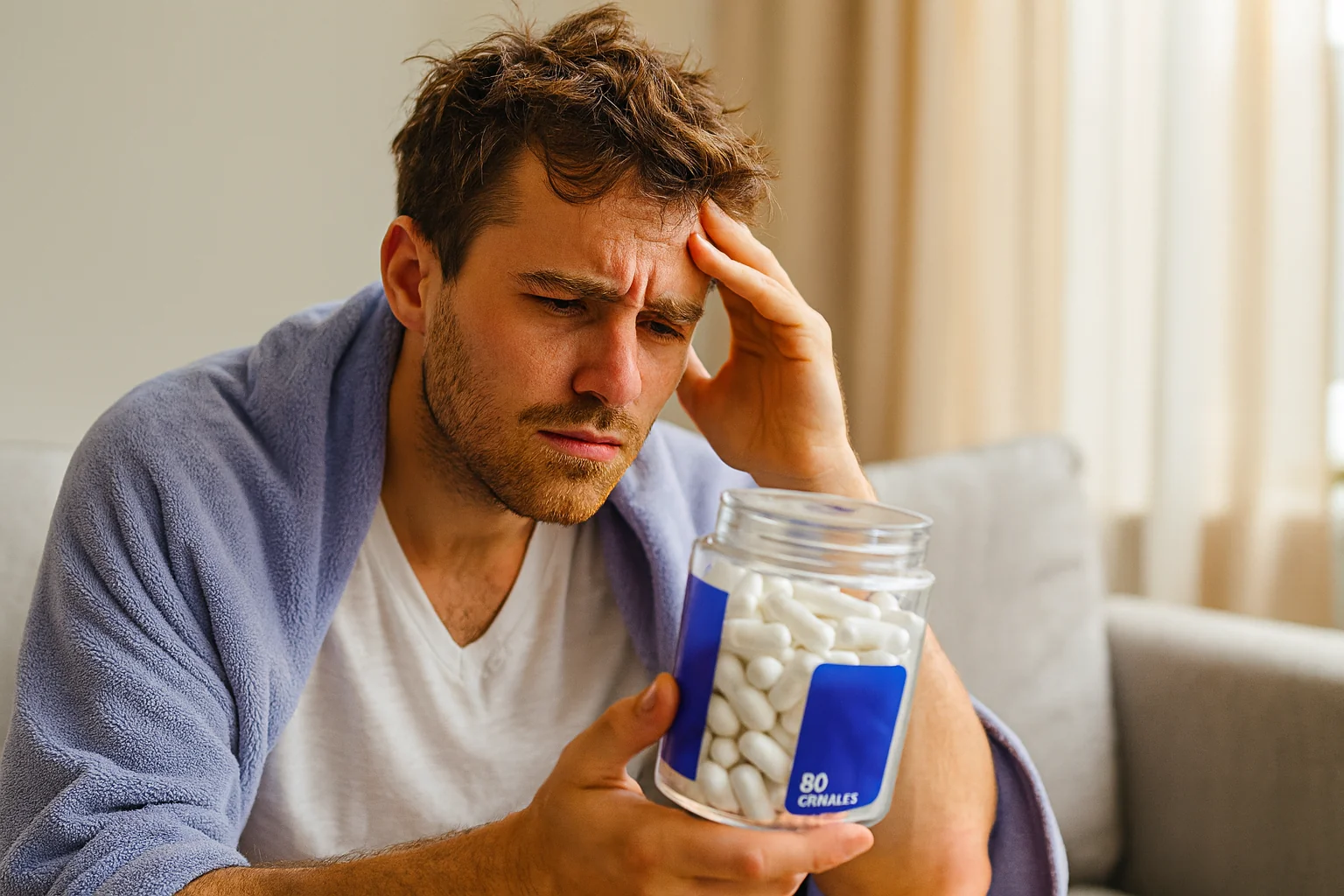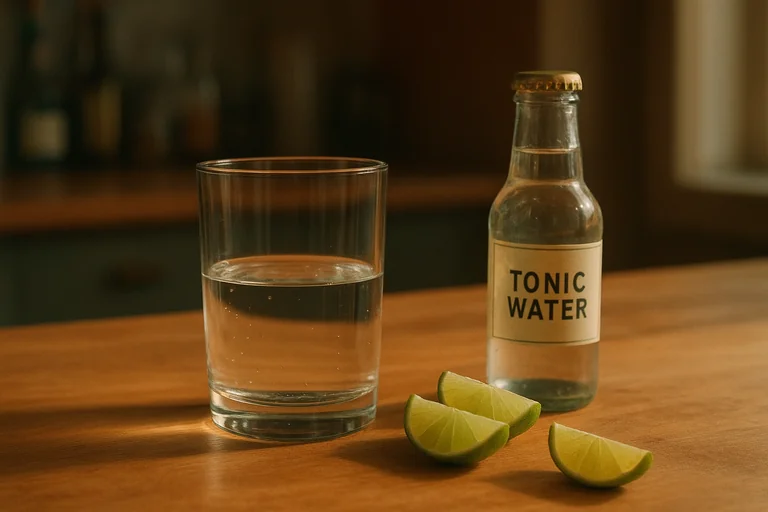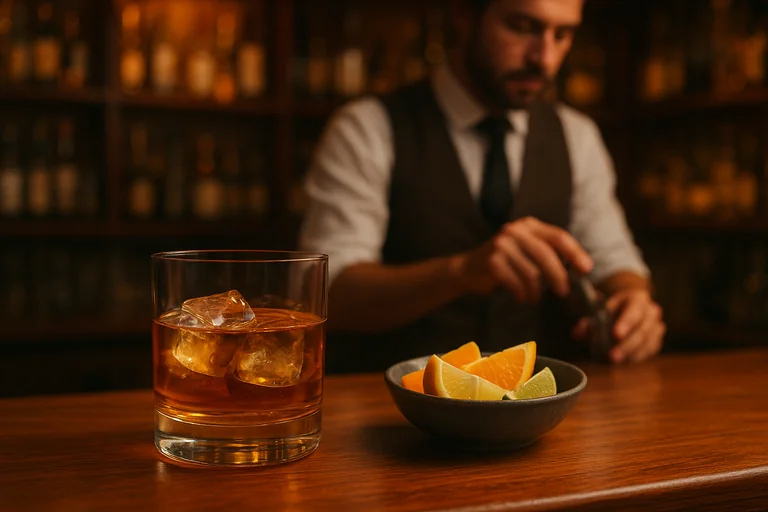A 2 minute assessment to get a personalized mental health or alcohol recovery plan.
Cheers claims to help you feel better after drinking by targeting GABA rebound and acetaldehyde - but the scientific evidence remains inconclusive.
What You'll Discover:
- What Cheers hangover pills claim to do.
- The science behind key ingredients DHM and L-cysteine.
- What research says about hangover pill effectiveness.
- The medical community's perspective on hangover remedies.
- Why hangovers are more complex than just dehydration.
- The most effective ways to prevent hangovers.
The search for a miracle hangover cure is as old as the hangover itself. In recent years, a new wave of "hangover pills" has flooded the market, promising to erase the morning-after misery. Among the most popular is Cheers, a brand that claims to support your liver and help you feel better after a night of responsible drinking.
But do these pills live up to the hype? Is there real science behind the claims, or is it just clever marketing?
What Cheers Hangover Pills Claim to Do
Cheers is a brand that has positioned itself as a leader in "alcohol-related health." Their flagship product, Cheers Restore, is a dietary supplement designed to be taken after your last drink of the night. The company claims that its patented formula, which includes dihydromyricetin (DHM) and L-cysteine, can help you "feel better tomorrow" by supporting your liver and addressing the root causes of hangover symptoms.
According to the Cheers website, their product works by targeting two primary culprits behind the morning-after misery:
1. GABA Rebound - Alcohol is a depressant that initially enhances the activity of GABA, a neurotransmitter that produces feelings of relaxation and calm. When the alcohol wears off, the brain experiences a "rebound" effect, leading to a state of over-excitement that can manifest as anxiety, restlessness, and poor sleep. Cheers claims that the DHM in their pills helps to reduce this GABA rebound effect.
2. Acetaldehyde Exposure - As we've discussed in our guide to how to metabolize alcohol faster, when the liver breaks down alcohol, it produces a highly toxic compound called acetaldehyde. This toxin is a major contributor to hangover symptoms like nausea, headache, and facial flushing. Cheers claims that the L-cysteine in their formula helps to neutralize acetaldehyde, reducing its harmful effects.
In essence, Cheers is not claiming to be a "magic pill" that allows you to drink irresponsibly without consequences. Instead, they position their product as a tool to support your body's natural recovery processes after a night of responsible drinking. But do these claims hold up to scientific scrutiny?
The Science Behind DHM and L-Cysteine
To evaluate the claims made by Cheers, we need to look at the scientific evidence for its key ingredients.
Dihydromyricetin (DHM): A Promising but Unproven Ingredient
Dihydromyricetin, or DHM, is a flavonoid compound extracted from the Japanese raisin tree (Hovenia dulcis). It has been used in traditional Chinese medicine for centuries to treat liver diseases. In recent years, DHM has gained attention as a potential anti-alcohol intoxication agent.
A 2012 study published in The Journal of Neuroscience investigated the effects of DHM on rats. The researchers found that DHM counteracted acute alcohol intoxication and withdrawal symptoms, including anxiety and seizures. The study also found that DHM reduced alcohol consumption in rats that were given the choice to drink alcohol.
However, it is crucial to note that this study was conducted on rats, not humans. While the results are intriguing, they do not prove that DHM is effective in humans. More research, particularly large-scale, double-blind, placebo-controlled trials in humans, is needed to confirm these findings.
L-Cysteine: A Precursor to the Body's Master Antioxidant
L-cysteine is an amino acid that serves as a precursor to glutathione, one of the body's most powerful antioxidants. The theory is that by increasing glutathione levels, L-cysteine can help protect the liver from oxidative stress caused by alcohol metabolism and neutralize toxic acetaldehyde.
A 2021 randomized trial published in Scientific Reports investigated the use of N-acetylcysteine (NAC), a precursor to L-cysteine, in the prevention of hangovers. The study found no significant difference in the overall hangover scores between the NAC group and the placebo group. However, the researchers did find a significant reduction in the symptoms of nausea and weakness in female participants who took NAC.
It's worth noting that this study used NAC, not L-cysteine directly. While the two are related, they are not identical. As with DHM, more research is needed to determine the true effectiveness of L-cysteine in preventing hangovers.
The Medical Perspective: A Dose of Skepticism
While the marketing for Cheers and other hangover pills is compelling, the medical community remains largely unconvinced. The primary reason for this skepticism is the lack of robust scientific evidence to support the claims made by these companies. As a Cleveland Clinic article on the topic bluntly states, "The evidence is not there."
The FDA's Stance on Hangover Cures
Dietary supplements like Cheers are not regulated by the Food and Drug Administration (FDA) in the same way that medications are. This means manufacturers are not required to prove that their products are safe or effective before they are sold. In 2020, the FDA issued warning letters to several companies that were illegally marketing their products as hangover cures. The agency expressed concern that these products could give consumers a "false sense of security" and encourage excessive drinking.
The Placebo Effect and the Power of Belief
One factor that can't be ignored when discussing hangover pills is the placebo effect. The placebo effect is a well-documented phenomenon in which a person experiences a real improvement in their condition after taking a treatment that has no actual therapeutic value. In the context of hangovers, if you believe that a pill is going to make you feel better, there's a good chance that it will, at least to some extent.
The Dangers of a "Get Out of Jail Free" Card
Perhaps the biggest concern that medical experts have about hangover pills is the message they send. The idea that you can simply pop a pill to erase the consequences of a night of heavy drinking can be dangerous. As one expert quoted in the Cleveland Clinic article puts it, "If you believe you're able to take away a hangover with a pill, then I think you're removing some of the disincentives for drinking too much, which are ultimately protecting your health."
A hangover is your body's way of telling you that you've had too much to drink. It's a natural and important feedback mechanism that can help you moderate your drinking in the future. By masking the symptoms of a hangover, you may be more likely to drink to excess, which can have serious long-term consequences for your health.
Understanding the Complexity of Hangovers
To fully understand the appeal of hangover pills, it's helpful to have a more nuanced understanding of what a hangover actually is. While dehydration is a major contributor to hangover symptoms, it's not the only factor at play.
The Inflammatory Response - Alcohol consumption can trigger an inflammatory response from the immune system. This can lead to the release of cytokines, which are small proteins that play a role in cell signaling. Increased cytokine levels have been linked to many classic hangover symptoms, including fatigue, muscle aches, and difficulty concentrating.
Gastrointestinal Distress - Alcohol can irritate the lining of the stomach and intestines, leading to nausea, vomiting, and stomach pain. It can also increase the production of stomach acid.
Sleep Disruption - While a few drinks might help you fall asleep faster, alcohol can disrupt sleep quality. It can suppress REM sleep, which is the most restorative stage of sleep.
The Role of Congeners - Congeners are chemical compounds produced during the fermentation and aging process of alcoholic beverages. They are found in higher concentrations in darker liquors, such as whiskey and red wine, and have been linked to more severe hangovers.
By understanding the multifaceted nature of hangovers, we can better appreciate why there is no single "cure." A true solution would need to address all of these different factors.
The Bottom Line: An Unproven Remedy
After a thorough review of the available scientific literature and expert opinions, it is clear that the claims made by Cheers and other hangover pill companies are not supported by strong evidence. While the ingredients in these products may have some theoretical benefits, there is no conclusive proof that they are effective in preventing or treating hangovers.
The Lack of Human Clinical Trials - The most significant gap in the evidence is the lack of large-scale, randomized, double-blind, placebo-controlled trials in humans. The studies that do exist are often small, poorly designed, or conducted on animals.
The Importance of Responsible Drinking - The most effective way to prevent a hangover is to drink in moderation or to not drink at all. The National Institute on Alcohol Abuse and Alcoholism (NIAAA) defines moderate drinking as up to one drink per day for women and up to two drinks per day for men.
If you choose to drink, do so responsibly:
- Know your limits
- Eat before you drink
- Stay hydrated
- Pace yourself (stick to the one-drink-per-hour rule)
- Arrange for a safe ride home
Conclusion: Science Over Marketing
So, do Cheers hangover pills really work? The answer, based on the current scientific evidence, is that we don't know for sure. While the key ingredients, DHM and L-cysteine, have shown some promise in preclinical and small-scale studies, there is no conclusive evidence that they are effective in preventing or treating hangovers in humans.
The marketing for Cheers is slick, and the company's explanation of how their product works is plausible. However, marketing is not the same as science. The claims made by Cheers and other hangover pill companies have not been validated by rigorous, independent scientific research.
At the end of the day, the only surefire way to prevent a hangover is to drink in moderation or to not drink at all. While hangover pills may offer some relief from symptoms, they are not a substitute for responsible drinking.
If you are concerned about your drinking habits, or if you find that you're regularly experiencing hangovers, it may be time to re-evaluate your relationship with alcohol.
Ready to explore your options? Take the Alcohol Use Assessment to learn more about your drinking patterns.
References
[1] Cheers. "Restore" https://cheershealth.com/products/restore
[2] The Journal of Neuroscience. "Dihydromyricetin As a Novel Anti-Alcohol Intoxication Medication" https://pmc.ncbi.nlm.nih.gov/articles/PMC3292407/
[3] Scientific Reports. "The use of N-acetylcysteine in the prevention of hangover: a randomized trial" https://www.nature.com/articles/s41598-021-92676-0
[4] Cleveland Clinic. "Hangover Pills Aren't Worth the Hype" https://health.clevelandclinic.org/hangover-pills




